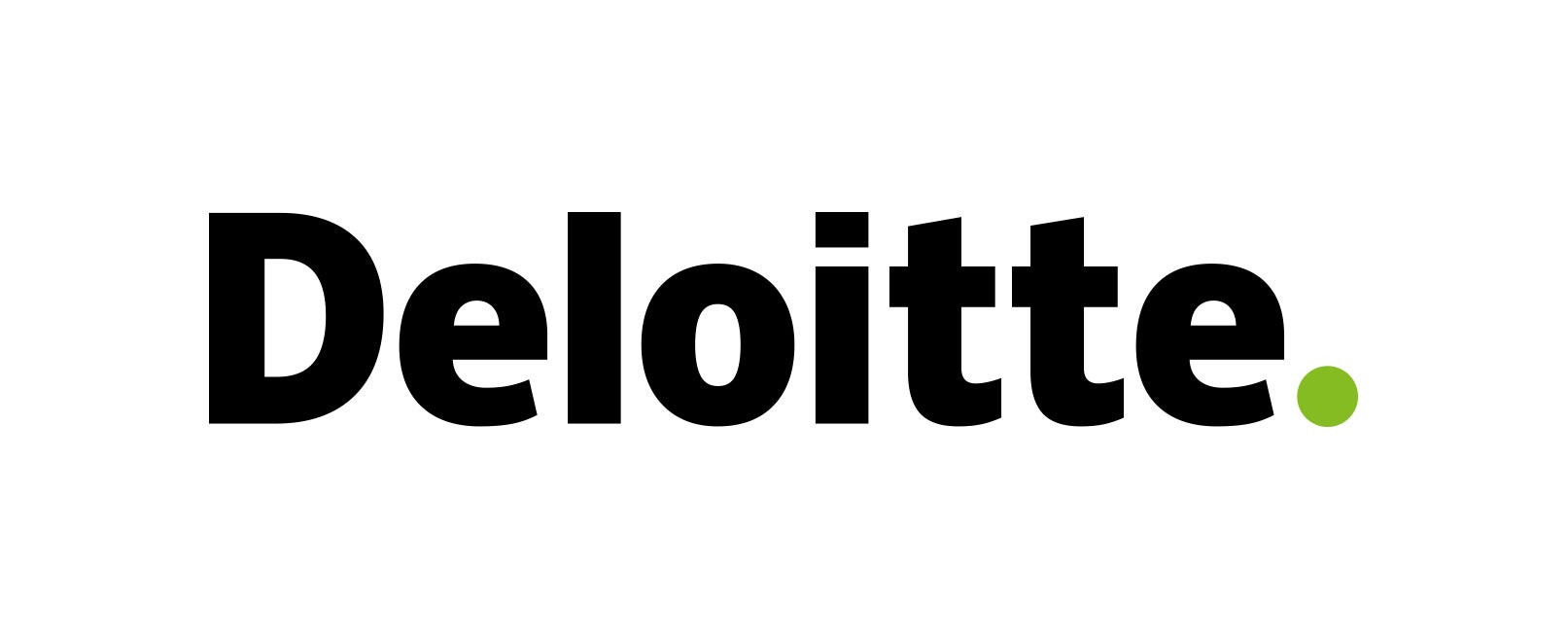
Here at Deloitte, the growth of our regions is hugely important to us. We have over 7,000 people and nearly 300 partners based in our regional practice. This means around 40 per cent of our workforce is based outside of London, and our plans are to continue to grow this. Both of us are regional partners (Angela is based in Glasgow, and Ian in the Midlands) so levelling up to us isn’t just business – it’s personal too.
We genuinely want to see our regions thrive – while it makes good business sense it’s also really important to our people who want to make a difference in their local communities. The reality is that regional development benefits everyone. About a year ago, we kicked off our campaign to raise internal awareness on levelling up – the government’s plan to lift the UK’s economic outlook, region by region. We wanted to ensure all our people understood its objectives and the role we can play. We also engaged with our clients on this, as levelling up will only be achieved through close collaboration between business and the public sector. So, we have a firm-wide focus on regional growth and the role Deloitte can play, both through supporting clients and through investment in our own business, growing our regional practices.
We are working across all aspects of levelling up, including digital skills, net zero, regeneration, innovation and economic growth, and supporting many clients, including Teesside, Greater Manchester, Sheffield and the Wirral on significant levelling-up schemes that touch on innovation, transport, housing, free ports and economic growth. We worked on the Kalifa Review of UK Fintech, which identified centres outside of London to grow fintech clusters, and subsequently worked in Edinburgh and Belfast to develop strategies to progress that. We launched a Fintech for Schools programme, which was piloted in Scotland and is now rolling out across the UK, because we believe it is invaluable for demonstrating the plethora of opportunities available to the next generation.
There is wide consensus that there are major skills gaps in many regional locations and many employers are struggling to attract and retain people with the digital skills they need in order to grow. We are seeing this in all regions around the UK, whether this is due to high demand and competition for these skills, or an historic lack of people with the digital skills that are now needed.
We also recognise how important this is to our clients. We are a member of a consortium led by the Institute of Coding, which supports the Department for Education in its provision of digital skills boot camps. This scheme is delivered by universities across England, offering courses to over 1,500 adults, in targeted digital skills such as coding, artificial intelligence and data science. Here at Deloitte, we also have a specific role in helping those graduating the boot camps to gain employment in the regions, working with the public and private sector organisations to help place the graduates into suitable jobs. It’s a real win-win situation: we help employment in the regions, and we help employers recruit the people they need.
Levelling up is a job for the private sector too – and Deloitte is no different. In Teesside, we are working to help gain a better understanding of what levelling up will mean for the region and its communities, as well as recruiting our own people and basing them there. In the north-west, we have grown our consulting practice in Manchester and the surrounding areas and will create another 200 new jobs across the north within the next three years. This is a great example of how the private sector can contribute to providing skills and employment opportunities to support the UK levelling-up agenda, as developing the local ecosystem is so important.
We must understand that there is no one-size-fits-all approach to levelling up. Even sub-regions have different requirements. Our annual State of the State report was one of the very early pieces of research into this space and demonstrates this clearly. For example, our research showed that in the east of England, people want to see improvements in local transport, whereas in the north-east, people want better availability of training and courses to improve skills and employability. This really shines a spotlight on the need for a varied approach, specific to the locality.
The shift to a green economy is another opportunity for many regions because this will create jobs within new and emerging sectors. Green skills are increasingly sought after, with job searches for green skills already seeing double-digit growth (as outlined in our new report A Blueprint for Green Workforce Transformation).
At Deloitte we believe that all regions have the potential to effect change through a combination of strong leadership and clear vision from both the private and public sector. We are helping to support bespoke approaches with our clients to design and implement what levelling up means for them and how they can use the political momentum to deliver positive outcomes for the communities that need it.
Deloitte is committed to supporting the UK levelling-up agenda and we are delighted to be lead sponsors of the New Statesman’s Regional Development Conference. We are looking forward to meeting with advocates to help foster ideas, facilitate debate and understand how we can make an impact.



